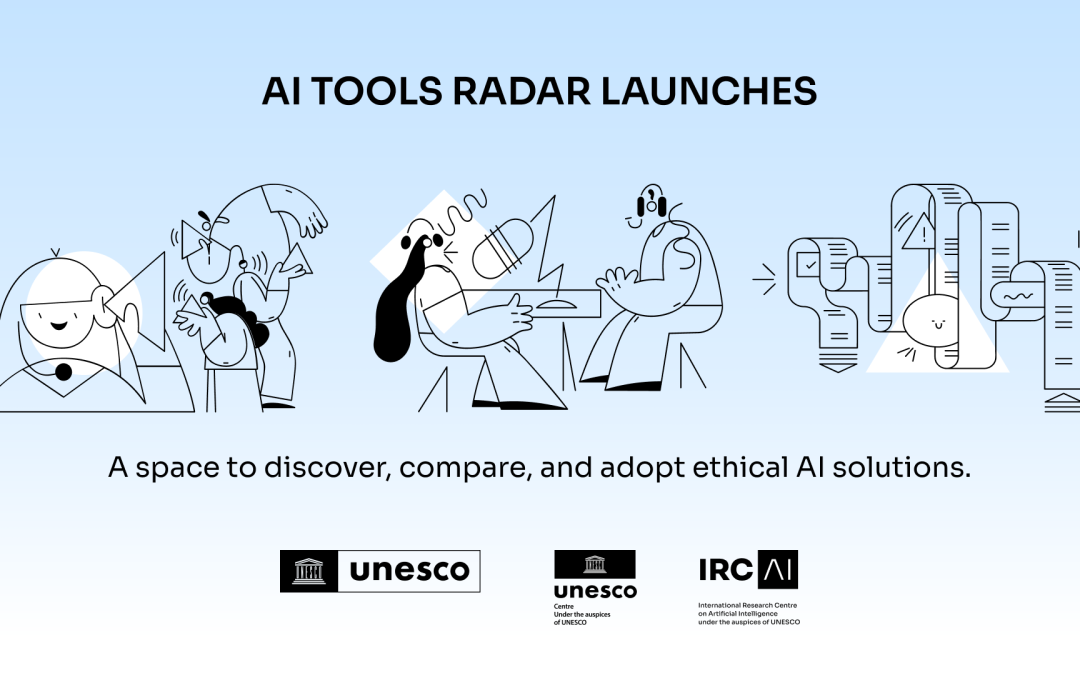
Sep 5, 2025 | Announcement, Call to action
IRCAI is proud to announce the launch of the AI Tools Radar in partnership with UNESCO, a multilingual online repository designed to support the public sector, media and judiciary in identifying, assessing and adopting AI tools to enhance their operations. As of June...
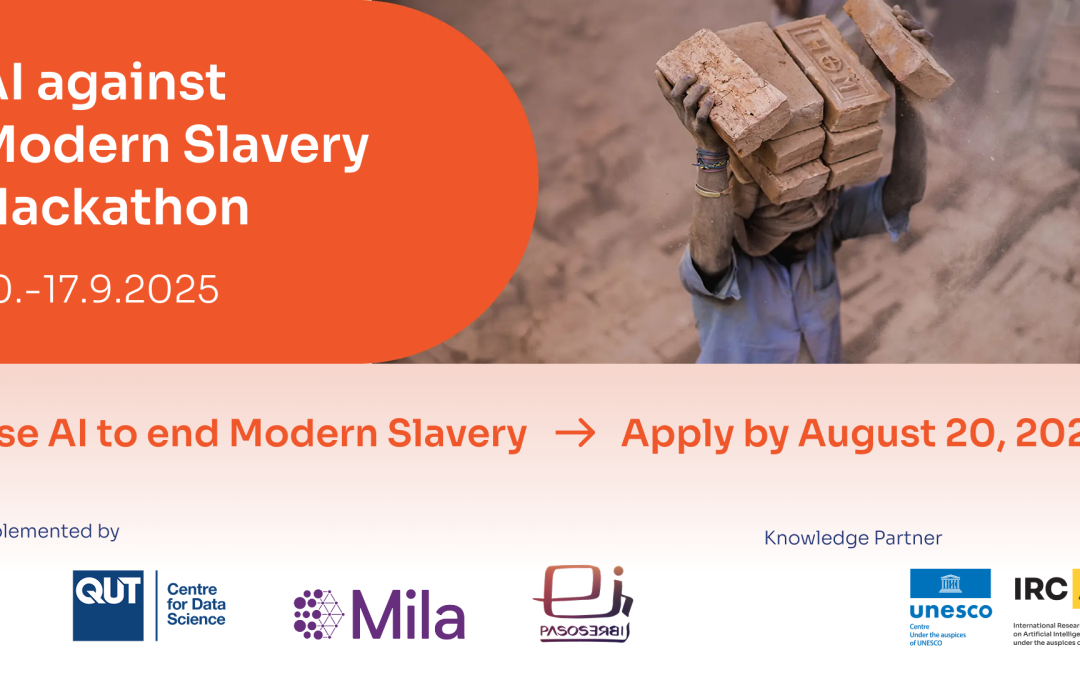
Jul 31, 2025 | Announcement, Call to action, Events
📅 Hackathon dates: 10–17 September 2025📝 Apply by: 20 August 2025🔗 More info and registration IRCAI is proud to support the AI Against Modern Slavery (AIMS Hackathon 2025), a global online innovation challenge that invites developers, researchers, entrepreneurs, human...

Jul 31, 2025 | Announcement, Call to action, JAISD
The Journal of Artificial Intelligence for Sustainable Development (JAISD), IRCAI’s open-access scientific journal dedicated to advancing knowledge on responsible use of AI for achieving the Sustainable Development Goals (SDGs), in partnership with UNESCO, is calling...
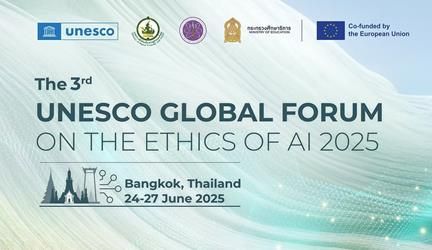
Jul 11, 2025 | Announcement, Events
The 3rd Global Forum on the Ethics of Artificial Intelligence recently concluded in Bangkok, Thailand, the first of its kind in the Asia-Pacific region. Co-hosted by UNESCO and the Government of Thailand, the event brought together over 1,200 participants from 88...
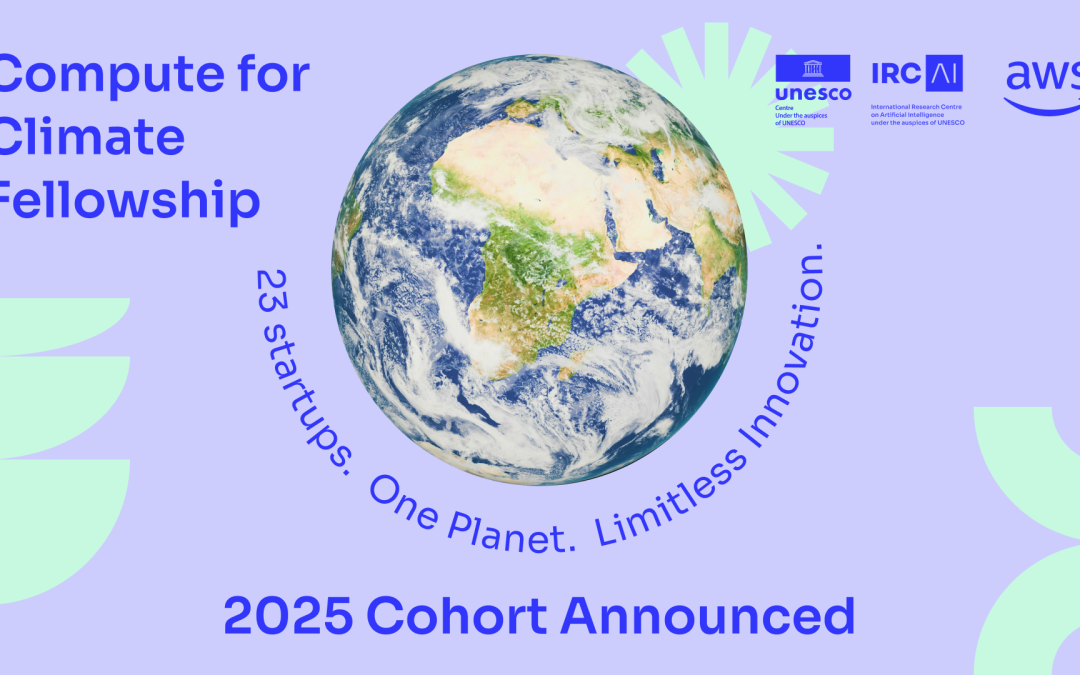
Jul 10, 2025 | Announcement
LJUBLJANA – July 10, 2025 – IRCAI and Amazon Web Services (AWS) are proud to announce the selection of 23 innovative startups for this year’s Compute for Climate Fellowship, a global program that funds the development of innovative, AI- and cloud-powered proof...
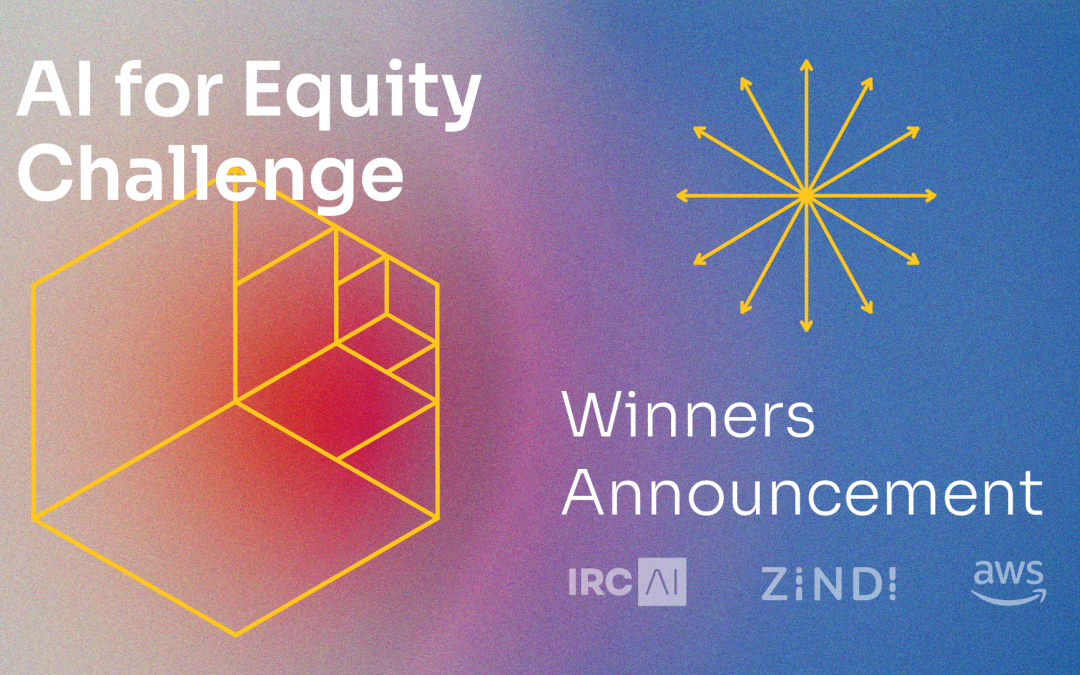
Jun 6, 2025 | Announcement
In a vast collaborative effort involving several key organisations and hundreds of AI engineers around the world, the winners of the challenge have developed innovative AI solutions to aid climate disaster relief efforts and manage waterborne disease outbreaks...






